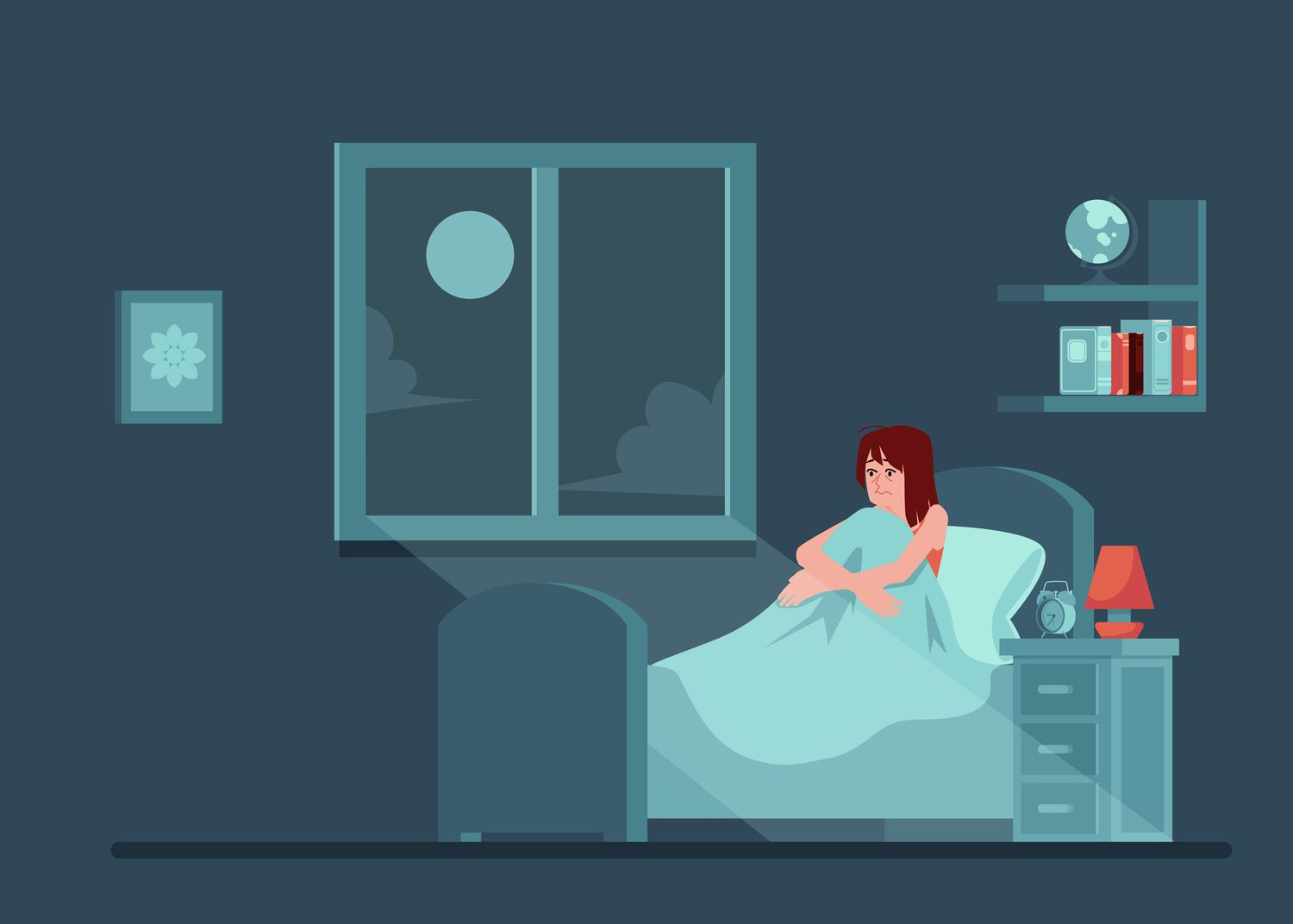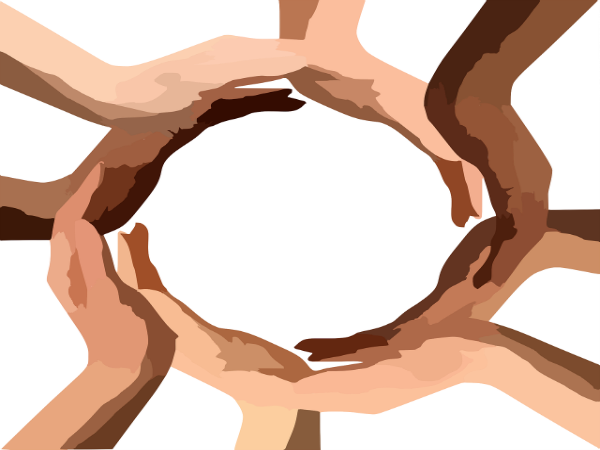Anxiety Unveiled
Imagine this: you wake up, and your heart is racing. You can’t shake the feeling that something terrible is about to happen, even though there’s no obvious reason for it. Your mind races with worry, and you feel like you can’t catch your breath. This is anxiety, and it’s more common than you might think.
Personal Account from Sandra, a Ugandan Student: “Anxiety is like having a swarm of bees buzzing in your head. It’s a feeling of dread that can strike at any moment, even when everything seems fine.”
Breaking It Down
Anxiety isn’t just one thing; it’s a complex web of emotions and physical sensations. Here are some common experiences:
- Racing Thoughts: Your mind can feel like a never-ending thought carousel, spinning with worries and “what ifs.” These thoughts can range from academic stress to personal concerns about the future.
- Physical Symptoms: Anxiety often comes with physical symptoms like a racing heart, sweaty palms, and even stomachaches. These can be confusing and make you feel even more anxious.
- Avoidance: Many people with anxiety tend to avoid situations or activities that trigger their anxiety. This can lead to missing out on opportunities and social events.
- Isolation: Anxiety can make you feel alone, even in a crowded room. It can be challenging to express what you’re going through to friends and family.
- Sleep Troubles: Anxiety can disrupt your sleep, leading to restless nights and tired days.

Coping Strategies
Now that we’ve unraveled the web of anxiety, let’s explore practical strategies to cope with it.
- Breathe Deeply: When anxiety strikes, take a moment to focus on your breath. Inhale slowly for a count of four, hold for four, and exhale for four. This simple technique can help calm your racing heart and clear your mind.
- Challenge Your Thoughts: When anxious thoughts start swirling, ask yourself if they’re based on facts or fears. Sometimes, anxiety makes us believe things that aren’t true.
Personal Insight from Isaac, a Ugandan Youth: “I used to think everyone was judging me. But then I realized, most people are too busy worrying about themselves to notice me that much.”
- Reach Out: Don’t suffer in silence. Talk to a friend or family member you trust about what you’re feeling. You’ll often find that they’ve experienced similar emotions and can offer support.
- Seek Professional Help: If anxiety is significantly impacting your life, consider talking to a mental health professional. In Uganda, there are organizations and clinics that provide mental health
- Mindfulness and Relaxation Techniques: Practice mindfulness through meditation or yoga. These techniques can help you stay grounded in the present moment and reduce anxiety over future uncertainties.
- Physical Activity: Engaging in regular physical activity is an effective way to reduce anxiety. Exercise releases endorphins, which are natural mood lifters. Even a short walk or quick workout can make a difference.
- Limit Caffeine and Alcohol: High caffeine and alcohol intake can exacerbate anxiety symptoms. Consider reducing your consumption if you notice a connection between these substances and your anxiety.
- Develop a Routine: Establishing a daily routine can provide a sense of stability and predictability, reducing anxiety related to uncertainty.
Personal Insight from Emma, a Youth Living Abroad: “Creating a routine while studying abroad helped me feel more in control. It made a big difference in managing my anxiety.”
- Acceptance and Self-Compassion: Understand that experiencing anxiety is a common human emotion. Be kind to yourself and don’t judge yourself for feeling anxious.
- Medication and Therapy: In severe cases, medication and therapy, such as cognitive-behavioral therapy (CBT), can be highly effective in managing anxiety.
These treatments are available globally and have helped countless individuals regain control over their lives. 
Global Perspective: Anxiety Knows No Borders
It’s crucial to recognize that anxiety is a global issue, affecting people of all ages and backgrounds. Whether you’re in Uganda, the United States, India, or anywhere else, anxiety is a part of the human experience. Understanding this universality can help reduce the stigma associated with anxiety.
Personal Account from Maria, a Student in the United States: “I moved to the U.S. for college, and anxiety hit me hard. But connecting with friends from different countries made me realize that we’re all in this together, no matter where we come from.”
Breaking Down Cultural Barriers

In different parts of the world, cultural norms and societal expectations can influence how individuals perceive and manage anxiety. It’s essential to recognize that cultural factors can both shape our experiences of anxiety and influence how we seek help and support. In Uganda, for instance, there may be cultural stigmas around discussing mental health openly. This can add an extra layer of complexity to managing anxiety.
Personal Insight from Amina, a Ugandan Student: “In our culture, mental health isn’t always talked about openly. But when I started sharing my anxiety with close friends, it was like a weight lifted off my shoulders.”
Understanding these cultural nuances is vital in promoting a more inclusive and compassionate approach to anxiety awareness and treatment on a global scale.
A Universal Journey
In the end, anxiety is a universal journey. It’s a journey that transcends borders, languages, and cultures. Whether you’re a young person in Uganda, the United States, or anywhere else, you can find comfort in knowing that millions of individuals share similar experiences.
Personal Insight from Sri Sri Ravi Shankar, a Youth Advocate in India: “We’re all on this journey together. Sharing our experiences and coping strategies can help create a more compassionate world.”
Remember, no matter where you are or where you come from, you are not alone in your battle against anxiety. Seek support, embrace diverse perspectives, and let’s work collectively to break the stigma surrounding mental health worldwide.










